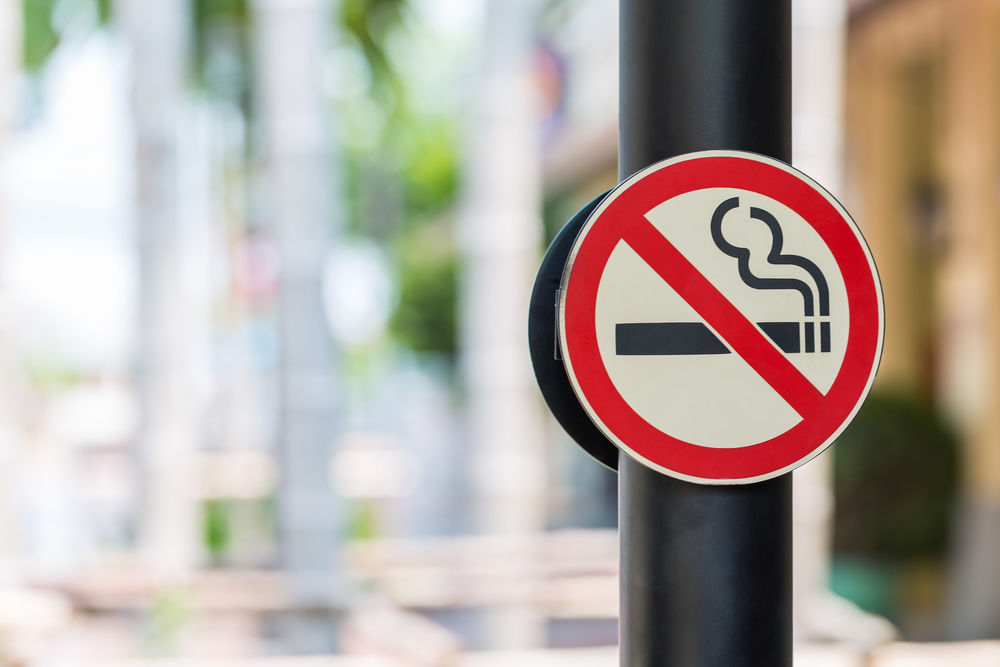In a move likely to have some Vatican employees fuming, Pope Francis has decided to ban the sale of cigarettes inside the City State on the grounds that the Holy See cannot profit from a proven health hazard.
In a Nov. 9 statement, Vatican spokesman Greg Burke said the reason for the decision “is very simple: the Holy See cannot contribute to an activity that clearly damages the health of people.”
Available for sale exclusively at “Palazzo della Stazione,” the building that sits in front of the Vatican's small train station, the cigarettes have until now been sold at a lower price than in tobacco stores around Rome, making it an ideal place for smokers holding a Vatican employee card to pick up their next pack.
However, citing numbers from the World Health Organization, Burke noted how each year some seven million people throughout the world die due to smoking-related causes.
Despite the fact the cigarettes sold to Vatican employees and pensioners has been a source of revenue for the Holy See, “no profit can be legitimate if it puts lives at risk,” Burke said.
The sale of cigarettes inside the Vatican will officially cease as of 2018, but the sale of larger cigars, with which smoke is not inhaled, was not mentioned in the statement.
While Pope Francis himself doesn't smoke, the habit is practically considered a national vice in Italy, and many even within the Vatican can be found to have a pack or two on hand.
However, the Pope's decision to crack-down on cigarette sales in the Vatican brings him on par with other European countries who have enforced comprehensive smoke-free laws, the most strict being found in Ireland, the UK, Greece, Bulgaria, Malta, Spain and Hungary.

